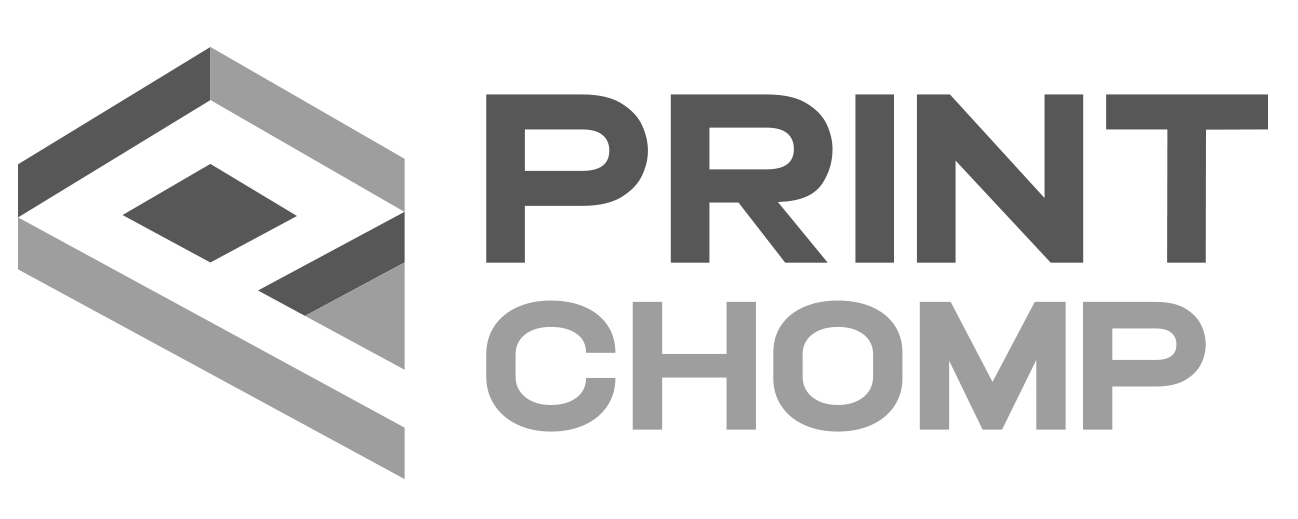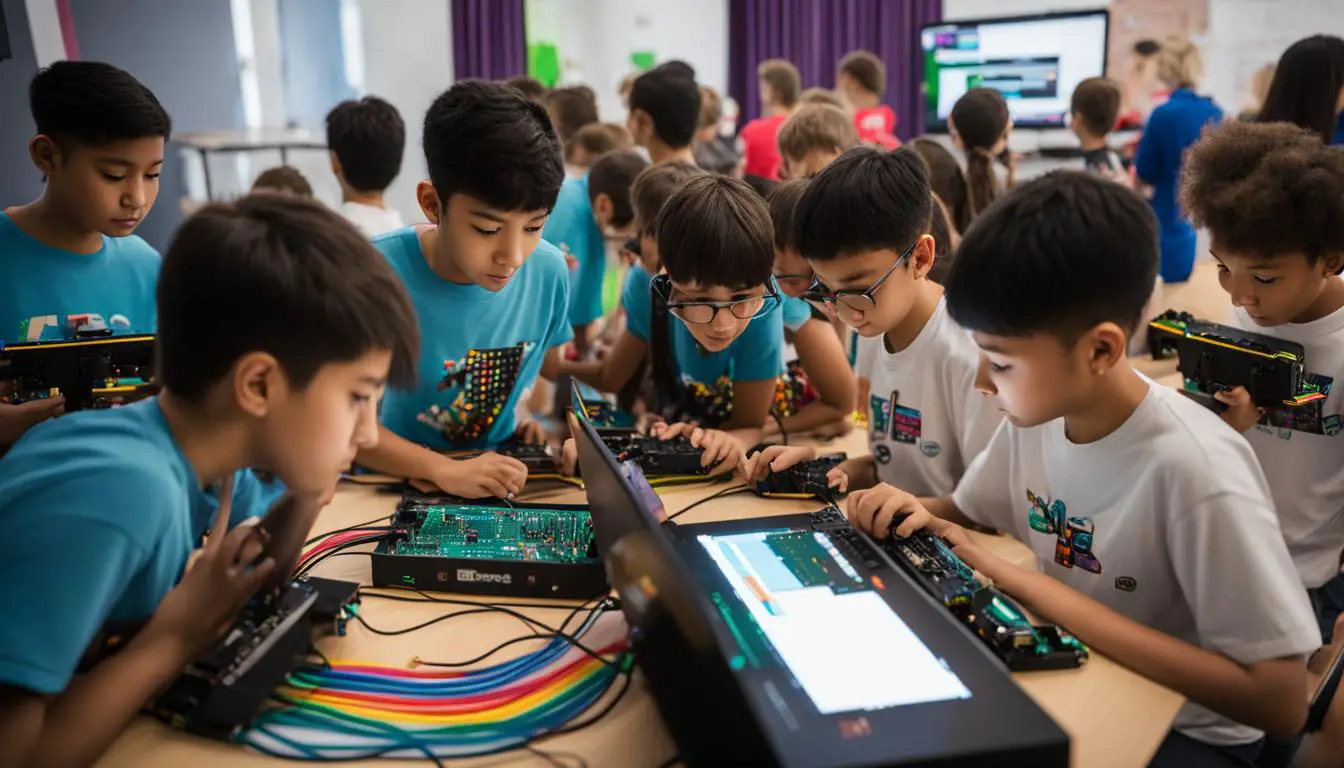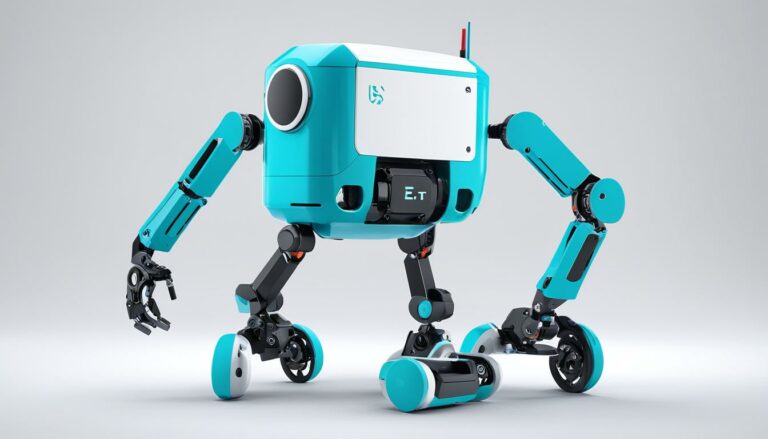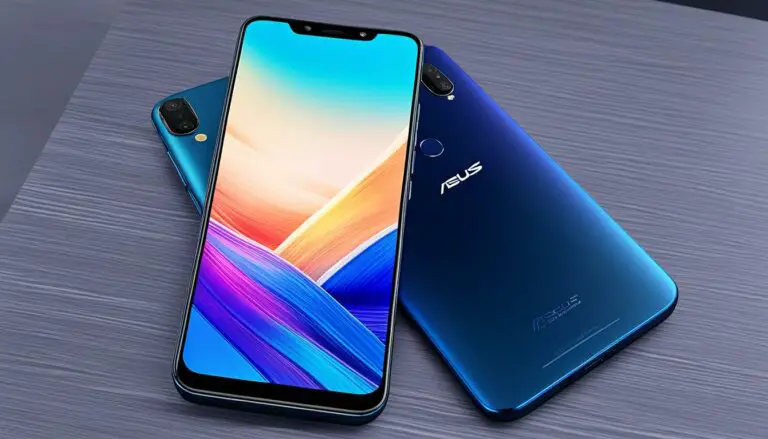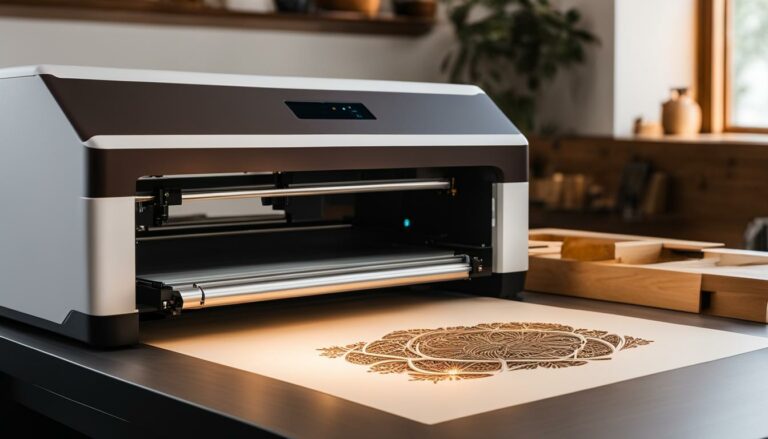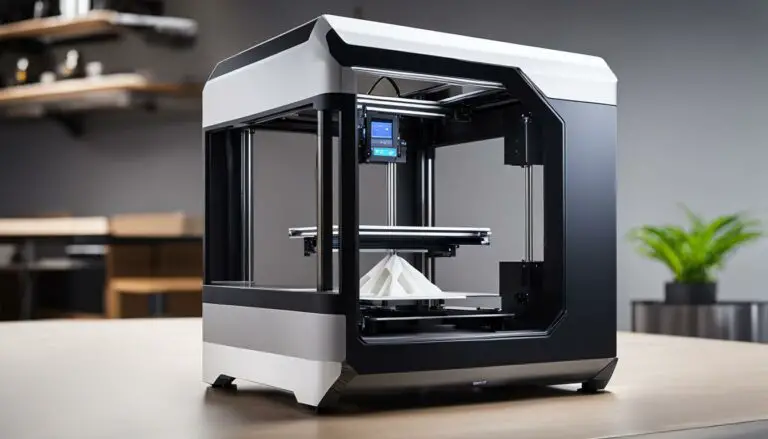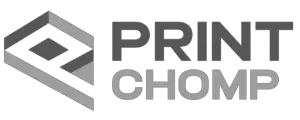Unlock Coding Fun with the BBC micro:bit!
Originally posted on January 16, 2024 @ 11:52 pm
Should you encounter any difficulties in rewriting the following text, please reply with the following error message: Unable to process the request due to encountered difficulties. The BBC micro:bit is a small microcontroller that serves as an excellent educational tool for kids and beginners who are interested in programming. Its advanced capabilities, such as various peripherals, a 2.4GHz radio, and Bluetooth 5.0, open up endless opportunities for discovery and innovation. Programming the micro:bit is user-friendly, as it supports three different programming languages: Microsoft Makecode, Scratch, and Python.
Whether you’re a beginner or an experienced programmer, the micro:bit’s versatility and user-friendly nature make it an ideal platform to bring your coding ideas to life. In this comprehensive guide, we’ll explore the most captivating and innovative micro:bit projects of 2023, igniting your creativity and learning.
Key Takeaways:
- The BBC micro:bit is a compact microcontroller ideal for beginners and children interested in programming.
- The micro:bit supports three programming languages: Microsoft Makecode, Scratch, and Python.
- With advanced features and rich peripherals, the micro:bit offers limitless possibilities for exploration and innovation.
- Explore captivating micro:bit projects of 2023 to ignite your creativity and enhance your coding skills.
- Embrace the micro:bit to unlock a world of coding fun and education.
The Versatility of the micro:bit for Beginners
The micro:bit is an ideal learning tool for beginners due to its user-friendly nature and versatility. It supports three programming languages: Microsoft Makecode, Scratch, and Python, catering to various learning preferences and skill levels.
Microsoft Makecode is a graphical block-based system that empowers beginners to create programs by simply dragging and dropping code blocks. Scratch, another graphical drag-and-drop interface, focuses on providing versatile and adaptable code blocks. Python, a text-based editor, unlocks endless possibilities for crafting intricate projects.
Start with Makecode or Scratch to acquaint yourself with the system, then explore the rich capabilities of Python as you become more comfortable and familiar with the micro:bit’s functionalities.
Numerous tutorials and resources are available to support your micro:bit coding journey.
Top 10 Fascinating Micro:bit Projects for 2023
Discover the top 10 captivating micro:bit projects for 2023 that showcase the immense creativity and innovation possible with this versatile microcontroller. These projects range from BitGadget Kit with 5 projects in one, including LED Controller, Rainbow LED Strip, The Secret Box, and Automatic Door, to Sliding and Servo control using micro:bit for music players, Ultrasonic Distance Sensor, Steering Servo Control, and Sliding melody controller. Other projects include Bitmaker for convenient micro:bit usage, Micro:bit Name Tag to familiarize yourself with coding tools, Take a Selfie with a Micro:bit Remote for remote photography, Micro:bit Buzz Wire Game for fun challenges, Micro:bit Burglar Alarm for sensing light levels, and Micro:bit Robot Bus for controlling your own robot using recycled materials. These projects demonstrate the limitless possibilities and educational value of the micro:bit.
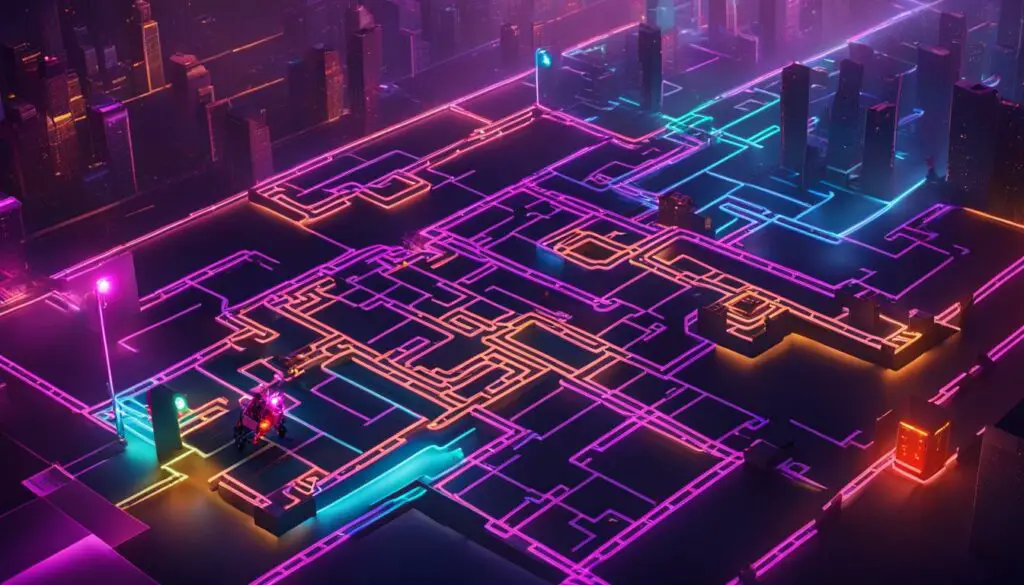
| Project Name | Description |
|---|---|
| BitGadget Kit | Includes LED Controller, Rainbow LED Strip, The Secret Box, and Automatic Door |
| Sliding and Servo control using micro:bit for music players | Control music players using sliding and servo mechanisms |
| Ultrasonic Distance Sensor | Measure distances using ultrasonic technology |
| Steering Servo Control | Control servo motors for precise steering |
| Sliding melody controller | Create melodies by sliding your micro:bit |
| Bitmaker | Convenient micro:bit usage tool |
| Micro:bit Name Tag | Familiarize yourself with coding tools |
| Take a Selfie with a Micro:bit Remote | Capture remote photography with a micro:bit |
| Micro:bit Buzz Wire Game | Enjoy fun challenges with a buzz wire game |
| Micro:bit Burglar Alarm | Detect light levels for burglar alarm applications |
| Micro:bit Robot Bus | Control your own robot using recycled materials |
Exploring micro:bit Peripherals and Accessories
Enhance the capabilities of your micro:bit with a range of peripherals and accessories. From expansion boards to robotics accessories, there are numerous options to elevate your micro:bit experience.
Expansion Boards
Expand the functionality of your micro:bit with these expansion boards that provide additional features and interfaces:
| Expansion Board | Description |
|---|---|
| micro:Driver | Offers extra GPIO interfaces, motor drivers, and servo interfaces for enhanced project possibilities. |
| IO Extender | Provides additional GPIO interfaces for connecting peripherals. |
Robotics Accessories
Transform your micro:bit into advanced STEM education robots with these robotics accessories:
- micro:Maqueen Plus V2 – A versatile robot that supports line tracking, obstacle avoidance, and infrared remote control.
- micro:Maqueen Mechanic – An advanced robot with modules for ultrasonic obstacle avoidance and color recognition.
Artificial Intelligence Accessories
Unleash the power of AI with these micro:bit accessories:
Gravity: Huskylens – Enhances your micro:bit with AI vision capabilities, enabling object recognition and face tracking.
IoT and Scientific Inquiry Accessories
Enable data transmission, remote control, and cloud services functionalities with these accessories:
- Gravity: WiFi IoT Module – Enables wireless data transmission and remote control capabilities.
- micro: IoT Expansion Board – Enables cloud services functionalities and connects multiple sensors.
Display and Interaction Modules
Add visual effects and interactivity to your projects with these modules:
- Gravity: LED Button – Integrates LED lights and a push-button for interactive projects.
- micro: Circular RGB LED Expansion Board – Provides colorful lighting effects and visual feedback.
Power Supply Modules
Ensure stable electrical support for your micro:bit projects with these power supply modules:
2xAAA Battery Holder – Powers your micro:bit with two AAA batteries.
CR123A Li-ion Battery Holder – Provides long-lasting power for your micro:bit projects.
Miscellaneous Accessories
Explore these miscellaneous accessories to further enhance your micro:bit projects:
- Track Map – Helps your robot navigate accurately with a predefined track.
- micro:bit Enclosures – Protects your micro:bit from damage or rough handling.
With these peripherals and accessories, you can unlock endless possibilities and take your micro:bit projects to the next level. Whether you’re interested in robotics, artificial intelligence, IoT, or simply adding visual effects, there’s a wide range of options to suit your needs. Explore, create, and let your imagination run wild with the micro:bit!
Conclusion
The BBC micro:bit and its peripherals offer an exciting world of coding fun and education. With its versatile programming languages, captivating projects, and a wide range of accessories, the micro:bit is the perfect platform for beginners to explore their creativity and acquire valuable coding skills.
Whether you’re interested in robotics, artificial intelligence, IoT, display and interaction, or power supply, the micro:bit provides numerous options to enhance its capabilities. From expansion boards and robotics accessories to AI vision modules and power supply modules, there is a wealth of resources available to take your micro:bit projects to the next level.
Embrace the micro:bit and embark on an exciting journey into the realm of coding and innovation. With its user-friendly interface and endless possibilities, the micro:bit is not just a learning tool, but a gateway to a world of creativity and exploration. Start your micro:bit adventure today and unlock the boundless potential of coding!
FAQ
What is the BBC micro:bit?
The BBC micro:bit is a compact microcontroller that serves as an ideal learning platform for children and beginners interested in programming.
What programming languages does the micro:bit support?
The micro:bit supports three programming languages: Microsoft Makecode, Scratch, and Python, catering to various learning preferences and skill levels.
How can I start programming with the micro:bit?
Start with Microsoft Makecode or Scratch to acquaint yourself with the system, then explore the capabilities of Python as you become more comfortable and familiar with the micro:bit’s functionalities.
What are some captivating micro:bit projects for 2023?
Some fascinating micro:bit projects for 2023 include the BitGadget Kit, Sliding and Servo control for music players, Micro:bit Name Tag, Micro:bit Buzz Wire Game, and Micro:bit Burglar Alarm, among others.
What peripherals and accessories can I use with the micro:bit?
You can enhance the capabilities of your micro:bit with peripherals and accessories like expansion boards, robotics accessories, artificial intelligence accessories, IoT and scientific inquiry accessories, display and interaction modules, power supply modules, and miscellaneous accessories.
What are the educational benefits of the micro:bit?
The micro:bit provides a platform for beginners to explore their creativity and learn valuable coding skills in various areas such as robotics, artificial intelligence, IoT, and display and interaction.
